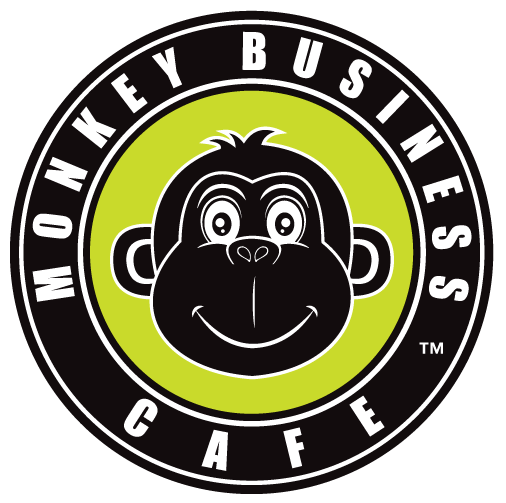
HISTORY
Finding a first job can be challenging for any young person, but it was especially difficult for the young men in Hart Community Homes' group homes. Already hampered by low self-esteem and other emotional challenges due to their experiences as abused and abandoned children, our earliest residents were rejected time and again when they applied for entry-level jobs. As well, some former residents who had aged out of the group home system returned to us with nowhere else to go. They were unemployed, hungry and essentially homeless.
Hart leadership decided to tap into the idea of creating a business enterprise to create jobs for the youth. It would be their first step to establishing a resume and gaining skills. But what kind of business? Hart's co-founder, Bill Hart, offered the use of a building on the corner of Lemon and Amerige in Fullerton and in 2005, Monkey Business opened its doors. For the first few months, it was a thrift store. It then transitioned to a mini market. A refrigerated deli case was added, as well as a microwave oven and a toaster. Soups and sandwiches were offered. Breakfast items were added. Customers came.
Donations helped purchase a refrigerator, kitchen appliances and make building improvements. Tables, chairs and interior décor were added garage sale finds were discovered. Monkey Business Café was born. With a lot of sweat equity, love, and a mission that resonates with the public, Monkey Business Café has become a fixture in the Fullerton community. Today, we serve breakfast, lunch and dinner, offer on-line ordering and catering. We also have a Monkey Business product line of seasonings and fresh treats using ingredients we harvest at the Fullerton Arboretum. Several of our managers are former residents of Hart group homes. They now mentor the incoming youth and provide on-the-job coaching.
2(Pecora, P., et al. (2005). Emancipating Foster Youth: Key Highlights from the Research)
3Center for Community and Economic Development; 2014; Self-Sufficiency Standard Tool for California; Hook, J., Partners for Our Children; University of Washington; 2010).

View Catering Menu